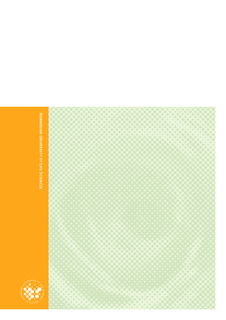| dc.contributor.author | Solberg, Kenneth Lia | |
| dc.date.accessioned | 2012-11-09T13:00:57Z | |
| dc.date.available | 2012-11-09T13:00:57Z | |
| dc.date.copyright | 2012 | |
| dc.date.issued | 2012-11-09 | |
| dc.identifier.uri | http://hdl.handle.net/11250/187828 | |
| dc.description.abstract | The last decade the world has seen a sharp rise in the number of large-scale land
acquisitions in developing countries, and particularly in Africa. This study investigates
one particular case: The Sanga plantation in Mozambique, which was initiated by and
is operated by the Norwegian company Green Resources.
The study applies a case study design to examine the local social and economic
effects of the plantation that came into operation in 2007. Based on mainly qualitative
methods study, and within the frameworks of political ecology and narrative analysis,
the study look into a range of issues, including how and if villagers benefit from the
plantation, what kind of local employment the plantation create, how the plantation
has affected local people’s access to different types of natural resources and how
local people feel they were involved in the land acquisition process. The primary area
of focus is the village Malulu, which is the largest village bordering the plantation.
The key findings from Sanga show that despite the fact that the plantation provides
an income for 215 families in Sanga, there are several problematic social end
economical issues that are the result of the plantation and how it is run. Worsened
access to local natural resources, unresolved compensation cases, very low salaries
and uncertain working conditions and a lack of a community development plan with
specific goals and timelines were among the concerns raised during my fieldwork.
Based on the findings, this thesis argues that the social and economic effects of the
Sanga plantation do not live up to the win-win situation depicted in Green Resources
company reports. It furthermore argues that based on the International Land
Coalition’s definition of land grabbing and UN Special Rapporteur on the Right to
Food, Olivier De Schutter’s, principles for including human rights in large-scale land
acquisitions, Green Resources acquisition of land in Sanga falls within the category
of land grabbing. | no_NO |
| dc.language.iso | eng | no_NO |
| dc.publisher | Norwegian University of Life Sciences, Ås | |
| dc.title | Green Resources: win-win or land grabbing : a case study from Niassa, Mozambique | no_NO |
| dc.type | Master thesis | no_NO |
| dc.subject.nsi | VDP::Social science: 200::Economics: 210 | no_NO |
| dc.subject.nsi | VDP::Social science: 200::Law: 340::Other subjects within law: 349 | no_NO |
| dc.subject.nsi | VDP::Social science: 200::Social anthropology: 250 | no_NO |
| dc.subject.nsi | VDP::Agriculture and fishery disciplines: 900::Agriculture disciplines: 910::Other agricultural disciplines: 919 | no_NO |
| dc.source.pagenumber | 85 | no_NO |
